Goals of Peace & Justice Education
Deep and transformational process of living, being, and learning to enact just cultures of peace globally.
Promote the attitudes, behaviors, values, knowledge and skills that ensure justice and create/sustain peace at all levels of humanity.
Gaining understanding of the war system and exploring & implementing alternatives to global security.
Working towards positive peace, which is ultimately more systematic, proactive and preventative. (Negative peace is the absence of violence or war, but isn’t always just or sustainable.)
Develop and deepen understanding of our interconnected planetary and human consciousness.
Nurture the well-being of all life.
Embrace the power of nonviolence.
Be an empowered with critical thinking and problem solving through a lens of love, compassion and hope.
The Five Peace Actions are a framework for creating cultures of peace.
Peacelearning (yes, no space there!) is a powerful word that demonstrates the compound and interconnected nature of learning and peace. Pursuits of peace cannot be separated from learning. Our educational consultant services and partners connect, align and resonate with the Peace Actions.
Peacelearning is for all ages and stages of life!
Julie speaks about evolving how education is viewed and practiced to one that is based on peace and justice education.
Wonderings (FAQ’s)
-
War, violence, trauma, oppression, injustices, climate change and mental health conditions can be decreased, transformed and prevented by peace education. The foundation is inner peace.
-
As Dr. Maria Montessori said, “Averting war is the work of politicians; establishing peace is the work of education.” Education is a human right that disrupts oppression, breaks cycles of poverty, enables personal growth, celebrates cultural diversity, fosters environmental stewardship and improves overall well-being. What could be more important than that!?
-
There are so many, but to highlight a few: respect for life: self, others and our environment (inclusiveness); open-mindedness (curiosity, wonder) and flexible thinking; empathy, kindness and compassion; perseverance and resilience; empowerment and advocacy for the collective good
-
Critical thinking, problem solving, active listening, nonviolent communication, collaboration, cooperation, responsible decision-making, creativity, self management, self regulation, emotional intelligence, media literacy, synthesizing diverse perspectives (not an exhaustive list)
-
Comprehensive peace education shares connection with many approaches such as social emotional learning, social justice education, restorative practices, global citizenship, international education, Montessori & cosmic education, planetary stewardship, anti-bullying, nonviolent communication, cross-cultural studies, peer mediation, human rights education, environmental education and more.
-
Peace education values the freedom to learn (and disagree) so there are no limits, but some common features include: cultural responsiveness; trauma awareness; characteristics of democracy and civic processes; universal human rights; self awareness and emotional intelligence; causes, dynamics and peaceful solutions to conflict, violence and war; climate justice and environmental sustainability.
-
Peace and justice education is for people at all ages and stage of life! Businesses, schools, organizations, communities and individuals can and should engage in peacelearning. This is our mission!
Professional learning for educators





